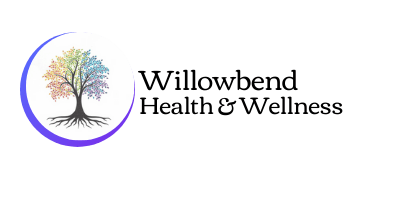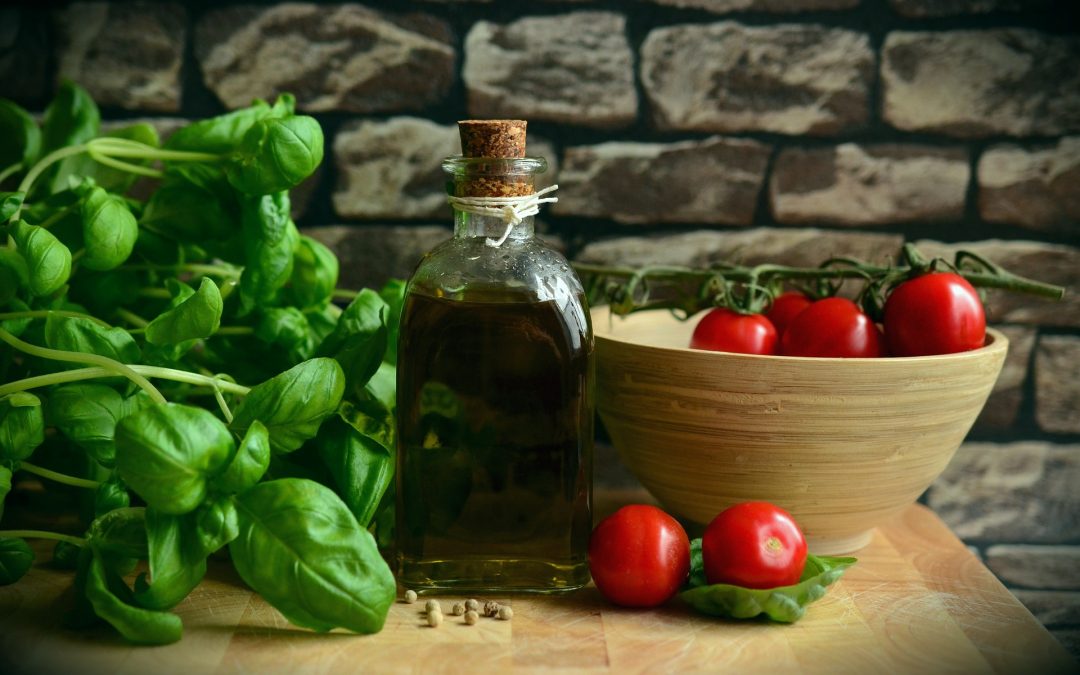When we hear the phrase “a healthy diet,” many of us naturally think of incorporating more fruits and vegetables. While that’s a good start, in a world of heavily processed foods, choices of organic vs. non-organic, and GMO vs. non-GMO, there are many other factors to consider. Knowing these terms and being equipped with knowledge of how to make wise food choices for you and your family will provide greater health and ultimately a better quality of life.
Choose Healthier Foods
For most of us, we get hungry for something and we make it or buy it; however, just because we have a craving doesn’t mean that we should be eating it. When it comes to meals consider the items you are putting on your plate. Instead of so many refined breads and pastas, try more lean proteins like chicken and fish and greater amounts of vegetables. If you are going to include grains, try switching to whole-grains.
Other helpful tips include:
- Shop the outside of the grocery store for fresh options. This helps to avoid heavily processed items.
- Choose organic when possible. This means the product is free of man-made fertilizers, pesticides, GMO’s, and additives.
- Look for vibrantly colored produce. These are often rich in key vitamins and nutrients
- Try new recipes and vary your meals. This will keep you from getting bored of the same ingredients. Incorporate herbs and spices to provide delicious flavor and added health benefits including lowering blood sugar and reducing inflammation.
Quality of Food Matters
While it’s important to know what food to choose, it’s also important to know what to avoid. This includes the following:
- Genetically Modified (GM) foods or foods containing Genetically Modified Organisms (GMOs) – these are (primarily) plants that have the genes from another source inserted into their DNA to alter the food’s characteristics or behavior. This has been done most often in the US in order to allow farmers to use the widely applied herbicide glyphosate (Roundup) and other pesticides in fields to kill a wide range of weeds without harming their glyphosate-resistant crops. These herbicides and pesticides then end up in our bodies when consumed and can cause damage to our gut, hormones, and immune system among other things.
- “Diet” Food – Even though the box may say “low fat,” “reduced fat,” or even “no fat,” a lot of times these “diet” foods remove the fat and add additional sugar making them deceptively unhealthy.
- Non-Organic – As mentioned, when possible choose organic food to avoid ingesting harmful pesticides, fertilizers, and other harmful substances.
Do You Need to Supplement?
In the ideal world, every person would be able to get the vitamins and nutrients that he or she needs from their diet. However, with so many people grabbing (often unhealthy) food on the go, with certain allergies and just plain preferences when it comes to food, many are not getting all that they need. In this case, supplementation may be necessary.
Additionally, certain medications can cause nutritional deficiencies. Common medicines like statins, diuretics, and corticosteroids can deplete the body of Coenzyme Q10, magnesium, calcium, and Vitamin D, and along with others may reduce Vitamins B6, B12, folic acid and other vital nutrients. Though multivitamins are a good start, it may be best to get tested by your doctor to pinpoint and treat specific deficiencies.
Small Steps Toward Healthy Living
Changing your diet can seem like an overwhelming task, but it doesn’t have to be. Start today by replacing one meal with healthier options. Research food options, meal plans, and make and stick to a grocery list. Before long, these new habits will be a lifestyle that is both happier and healthier!
Sources
https://www.healthline.com/nutrition/healthy-eating-tips#section2
https://www.hopkinsmedicine.org/health/wellness-and-prevention/5-spices-with-healthy-benefits
https://academic.oup.com/advances/article/6/6/842/4555145
https://www.health.harvard.edu/staying-healthy/are-your-medications-causing-nutrient-deficiency

